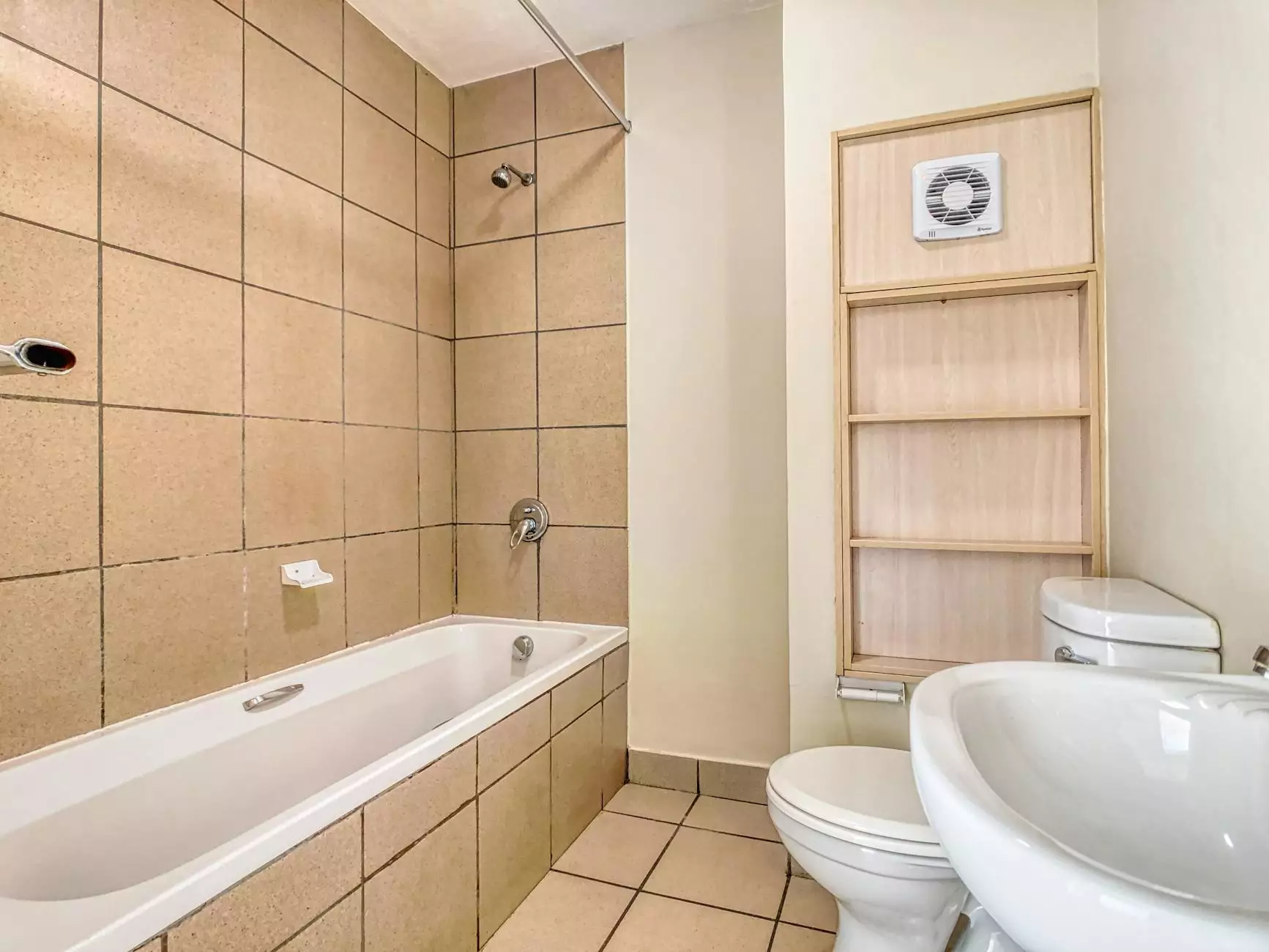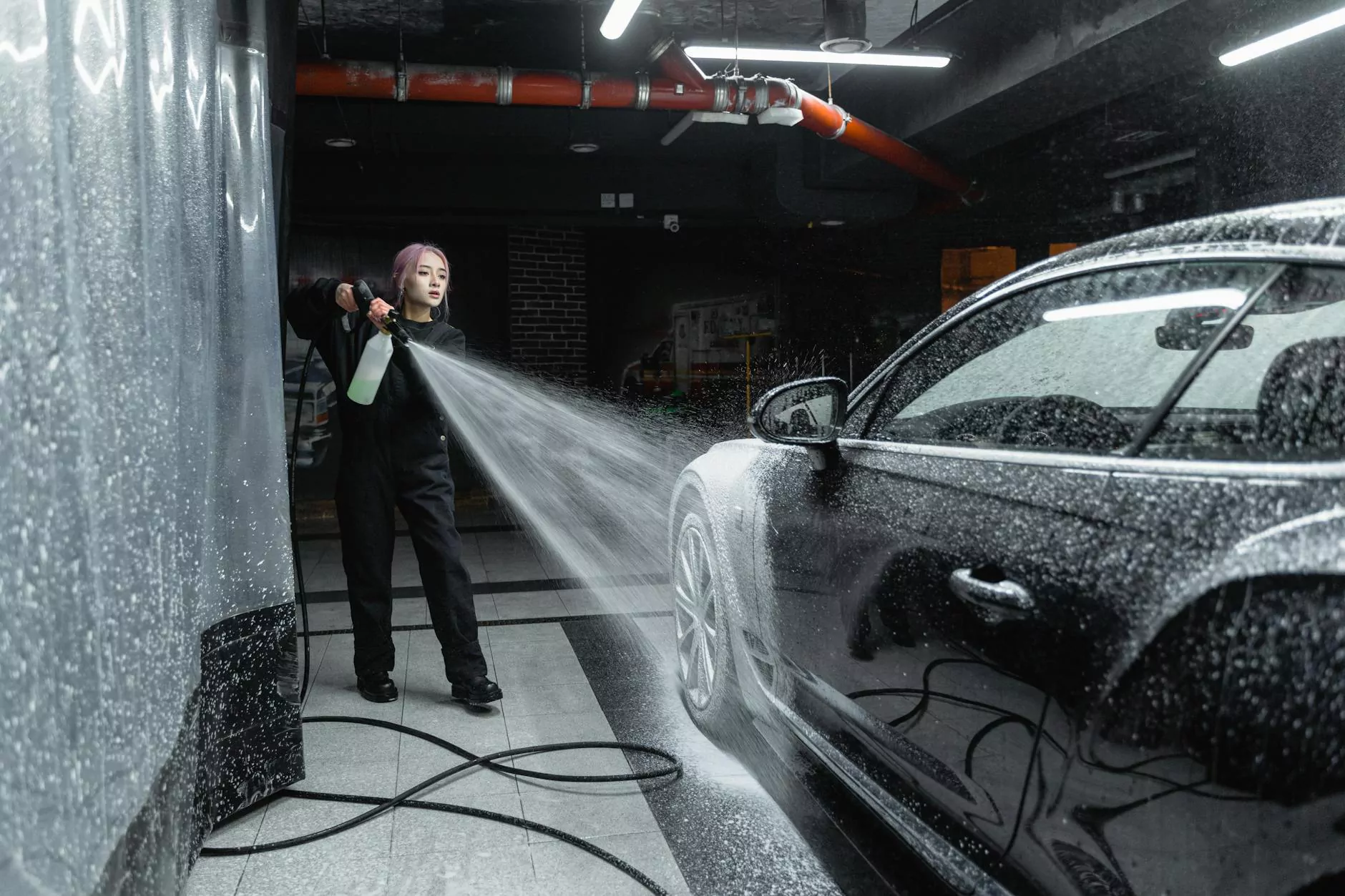The Ultimate Guide to Well Plumbing: A Comprehensive Overview

In today's world, having a reliable plumbing system in your home is crucial for comfort and convenience. This is especially true for properties that rely on well water systems. Well plumbing is an essential aspect of home maintenance that ensures you have clean, potable water readily available. In this extensive guide, we delve deep into the components of well plumbing, its benefits, maintenance tips, and much more.
Understanding Well Plumbing
Well plumbing refers to the systems and components that manage the water supply from underground wells to your home. This includes various technologies and installations designed to extract, filter, and distribute water efficiently. Understanding the intricacies of this type of plumbing can help homeowners ensure their systems run smoothly and effectively.
Key Components of Well Plumbing
There are several critical components involved in a well plumbing system. Each plays a vital role in delivering water from the well to your household. Here are the primary elements:
- Well Pump: This is the heart of your well plumbing. The pump draws water from the well and pushes it into your home. It’s crucial to choose the right type of pump for your specific well.
- Pressure Tank: The pressure tank stores water and maintains the pressure in your plumbing system, ensuring consistent water flow.
- Piping: The pipes transport water from the well to your home. It is essential to use high-quality materials to prevent leaks and contamination.
- Filtration System: This system ensures that the water is clean and safe to drink. Depending on the water quality, different filtration methods may be necessary.
- Well Head: The well head protects the well from contamination and keeps it safe from the elements.
The Importance of Well Plumbing
Having functioning well plumbing is not merely a convenience; it’s a necessity. Here are some reasons why:
- Access to Clean Water: Well systems provide a direct source of groundwater, which can be filtered properly for drinking and household use.
- Independence: Relying on a well system can make you less dependent on municipal water supplies, particularly beneficial in rural areas.
- Cost-Effectiveness: Although the initial investment can be high, well water is often cheaper than city water over the long term.
- Enhanced Property Value: Homes with well-maintained plumbing systems can have a higher resale value.
Common Issues with Well Plumbing
Like any other plumbing system, well plumbing can face its fair share of issues. Being aware of these common problems can aid homeowners in quickly addressing them:
1. Poor Water Quality
If your water has an unusual taste, smell, or appearance, it may be an indication of contamination. Regular testing and filtration are essential for maintaining safe water quality.
2. Low Water Pressure
Low water pressure can frustrate daily tasks such as showering or washing dishes. This could be due to a malfunctioning pump or a clogged filter.
3. Running Pump
A well pump that runs continuously can lead to increased wear and tear or an unexpected failure. This problem often requires the help of a professional plumbing contractor.
4. Water Leakage
Leaks in the plumbing system can waste significant amounts of water and lead to costly repairs. Regular inspections are essential to catch these issues early.
Maintaining Your Well Plumbing System
To ensure that your well plumbing operates efficiently, regular maintenance is crucial. Here are some maintenance tips to follow:
- Regularly Test Water Quality: Conduct tests for contaminants and ensure your filtration system is functioning effectively.
- Schedule Pump Inspections: Have professionals inspect your well pump at least once a year to catch any potential problems early.
- Check for Leaks: Periodically inspect your pipes and connections for signs of leakage.
- Control Vegetation: Ensure that trees and shrubs do not obstruct or damage your well infrastructure.
Upgrading Your Well Plumbing System
As technology advances, many homeowners choose to upgrade their well plumbing systems for improved efficiency and performance. Consider the following upgrades:
- Smart Water Sensors: These devices can alert you to leaks or changes in water pressure.
- High-Efficiency Pumps: Upgrading to a modern pump can significantly reduce energy costs.
- Advanced Filtration Systems: New filtration technologies can provide better water quality and safety.
Hiring a Professional Plumbing Contractor
When it comes to well plumbing, hiring a professional is often the best decision for ensuring quality work. Here’s what to look for in a plumbing contractor:
- Experience and Qualifications: Ensure that the contractor has experience in well systems and is licensed.
- Reputation: Look for reviews and testimonials from previous clients to gauge their service quality.
- Transparent Pricing: A reputable contractor should provide clear and upfront pricing without hidden fees.
Conclusion
Understanding well plumbing is essential for homeowners who rely on well water for their daily needs. From understanding common components to recognizing problems and undertaking maintenance, being informed can help you keep your system running efficiently. Investing in quality well plumbing and regular upkeep ensures that you enjoy the benefits of clean, safe water for years to come. If you need professional assistance, consider Plumbing Dunn Right as your trusted resource for all your plumbing needs.









